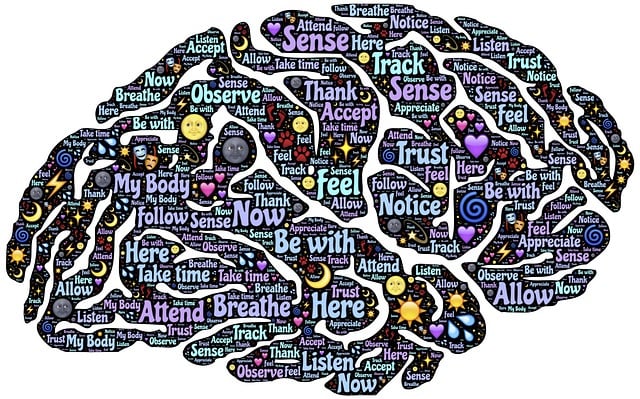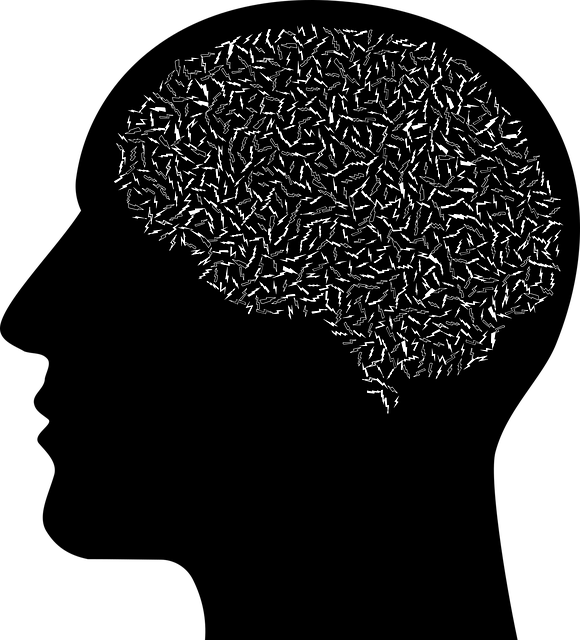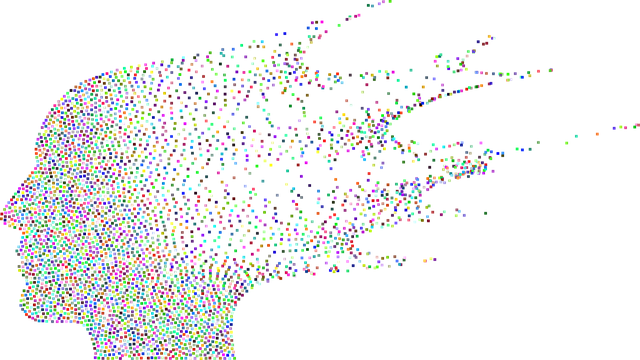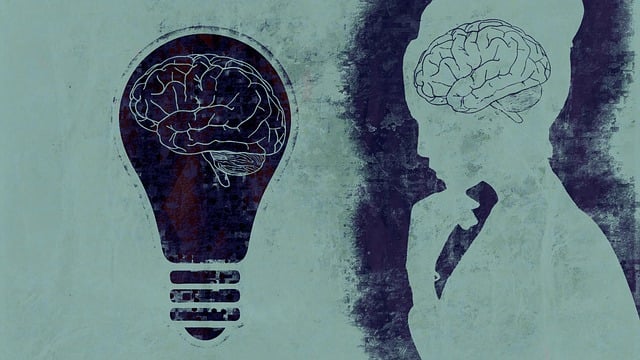Superior Divorce Therapy (SDT) prioritizes Emotional Intelligence (EI) to provide holistic support for individuals experiencing divorce. Through self-awareness, therapists help clients understand their emotions and build resilience. Empathy and effective communication foster trust and navigate complex emotional transitions. SDT incorporates mindfulness and compassion cultivation techniques for stress management, promoting emotional well-being during and after divorce.
Emotional intelligence (EI) is a game-changer in the realm of superior divorce therapy. This article explores how building EI skills can revolutionize therapeutic practices, leading to better outcomes for clients navigating divorce. We delve into key components such as self-awareness, empathy, effective communication, and mindfulness, offering strategies that foster personal growth and strengthen connections between therapists and clients. By understanding and managing emotions, therapists can provide more effective superior divorce therapy, enhancing the overall well-being of their patients.
- Understanding Emotional Intelligence: The Foundation of Superior Divorce Therapy
- Unlocking Self-Awareness: A Cornerstone for Personal Growth
- Enhancing Empathy: Building Bridges in Therapeutic Relationships
- Effective Communication Strategies for Better Divorce Outcomes
- Practicing Mindfulness and Regulation for Stress Management
Understanding Emotional Intelligence: The Foundation of Superior Divorce Therapy

Emotional intelligence (EI) is a crucial foundation for effective therapy, particularly in the specialized field of Superior Divorce Therapy. It involves recognizing and managing one’s own emotions, as well as understanding and empathizing with others’ feelings. In the context of divorce, where emotions can run high, EI enables therapists to create a safe and supportive environment for clients. By employing techniques such as active listening, emotional awareness, and appropriate verbal and non-verbal communication, therapists facilitate open dialogue and promote healthy coping mechanisms.
This aspect is vital in helping individuals navigate the complex emotions that arise during divorce. Through EI, therapists can assist clients in stress management and burnout prevention by teaching them to recognize triggers, regulate responses, and adopt positive coping strategies. By integrating these skills, Superior Divorce Therapy becomes a more holistic process, focusing not just on resolving legal and financial matters but also on healing emotional wounds, fostering resilience, and supporting individuals in their journey towards personal growth and well-being.
Unlocking Self-Awareness: A Cornerstone for Personal Growth

Unleashing your emotional intelligence begins with a profound journey inward—a process known as self-awareness. This cornerstone for personal growth is a powerful tool, enabling individuals to understand their emotions, motivations, and behaviors. By cultivating self-awareness, people can gain invaluable insights into their inner workings, leading to significant improvements in mental health education and overall well-being. It’s like illuminating a hidden landscape within, where every twist and turn reveals valuable lessons and opportunities for growth.
In the context of Superior Divorce Therapy, this aspect is pivotal. Helping individuals navigate the complex emotions that arise during and after divorce requires a deep understanding of their unique emotional terrains. Through self-awareness practices, people can develop inner strength and cultivate positive thinking, fostering resilience as they rebuild their lives. This process encourages them to embrace change, learn from past experiences, and make conscious decisions for a brighter future, thereby revolutionizing their mental health journey.
Enhancing Empathy: Building Bridges in Therapeutic Relationships

Empathy is a cornerstone of effective therapeutic relationships, especially within Superior Divorce Therapy. It involves understanding and sharing the feelings of another person, fostering a deep sense of connection and trust. Therapeutic practitioners who can enhance their empathy build stronger bridges with clients navigating complex emotional landscapes, particularly during challenging life transitions like divorce.
Compassion cultivation practices, such as Mindfulness Meditation, have been shown to strengthen this aspect of emotional intelligence. By cultivating present-moment awareness and positive thinking, therapists can better perceive and respond to the nuanced emotions expressed by their clients. This, in turn, allows for more tailored support, enabling individuals to feel seen, heard, and validated during often turbulent times.
Effective Communication Strategies for Better Divorce Outcomes

Effective communication is a cornerstone of superior divorce therapy, serving as a powerful tool to navigate the emotional landscape of separation and divorce. During crises, clear and empathetic dialogue becomes even more critical. The way divorced partners communicate can significantly impact their ability to resolve conflicts, make joint decisions, and maintain a level of mutual respect. Crisis intervention guidance often emphasizes active listening, where each partner feels truly heard and understood. This simple yet profound practice fosters an environment conducive to emotional well-being promotion techniques, allowing individuals to express their feelings and needs without fear of judgment.
Social skills training plays a complementary role in improving communication dynamics. By learning effective communication strategies, divorced couples can enhance their ability to negotiate, compromise, and support each other through the transition. These skills are not just essential for reaching agreements on practical matters; they also contribute to maintaining positive social connections and minimizing the negative impact of divorce on personal and shared relationships.
Practicing Mindfulness and Regulation for Stress Management

Practicing mindfulness and emotional regulation is a powerful tool for managing stress, particularly during or after challenging life events like divorce. Superior Divorce Therapy often emphasizes compassion cultivation practices as a key component in healing and rebuilding emotional resilience. By training your mind to focus on the present moment, you can learn to observe your thoughts and emotions without judgment, fostering a sense of calm even amidst chaos.
Mindfulness meditation encourages individuals to become more aware of their physical sensations, thoughts, and feelings, helping them identify sources of stress and practice anxiety relief techniques. This proactive approach equips people with the skills needed to navigate life’s complexities, including how to better cope with stressors related to divorce. Through regular practice, one can develop a deeper understanding of their emotional triggers, enabling more effective stress management and improved overall well-being.
Emotional intelligence is a powerful tool for navigating the complexities of divorce. By understanding, managing, and empathizing with one’s emotions, individuals can enhance their therapeutic experiences and foster healthier outcomes. The strategies outlined in this article—from self-awareness to effective communication—provide a roadmap for building emotional intelligence, particularly within the context of superior divorce therapy. Through these practices, folks can revolutionize their approach to divorce, ensuring a more peaceful and transformative journey.














